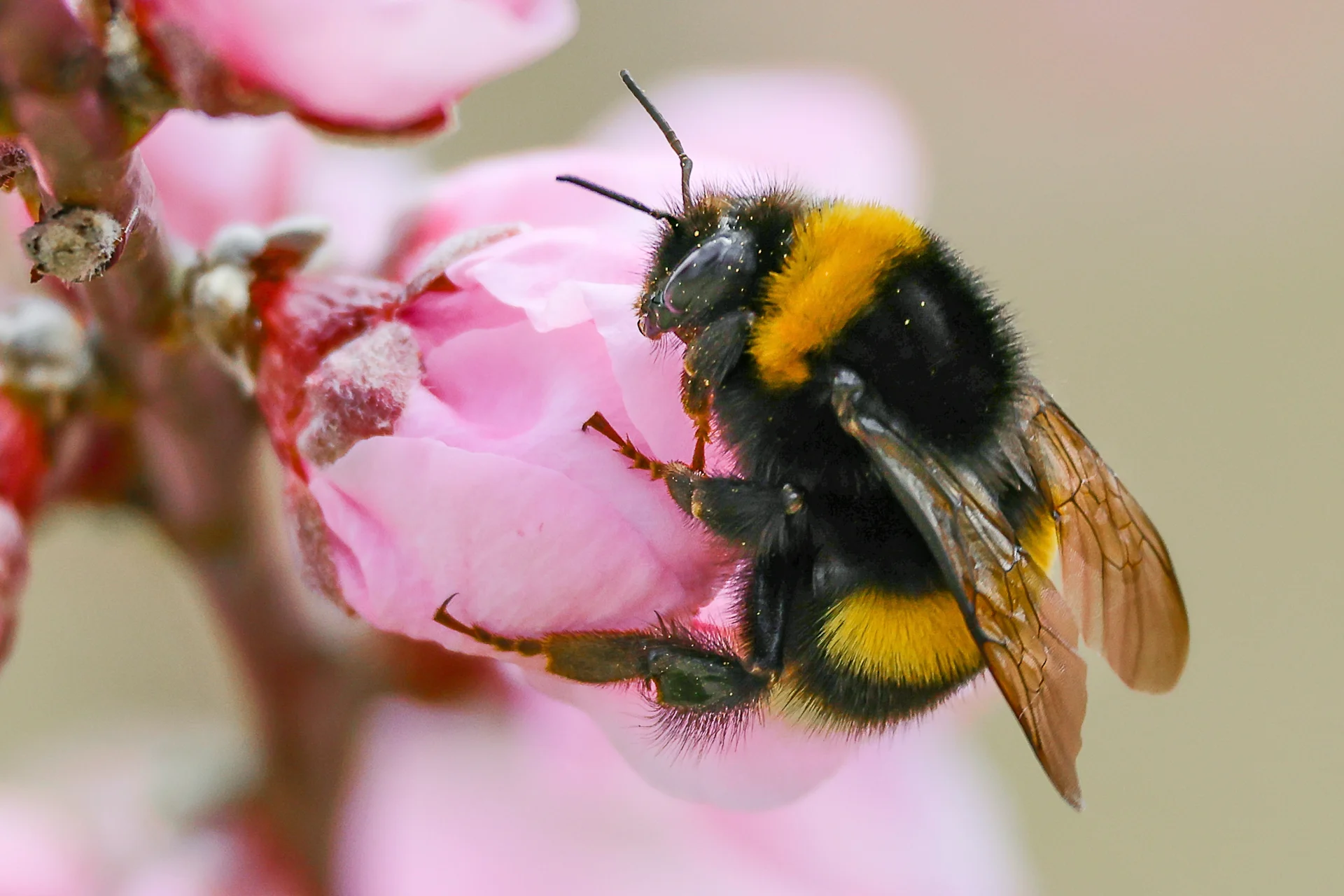
Biodiversity
How are our wild bees faring?
Expert Antonia Zurbuchen explains why wild bees are under threat and what we can do to help.
navigation

Myths about the climate
When it comes to the climate, energy and environmental protection, everyone weighs in. But what is true and what is fake news? Questions are often too complex for simple answers, as our survey shows.
If you read comments left on news portals or on social media about environmental topics, it quickly starts to sound like plastic packaging from products is to blame for the 1.9 kilograms of waste that each person produces every day in Switzerland. Consumers are not to blame for the approximately 330 kilograms of food waste per person per year either. And the blame lies with others for climate change as well. Those who fly a lot or have big cars. What’s more, it is almost pointless for Switzerland, a small country, to do anything while the rest of the world continues as it always has done.
The discussions are politically loaded. They often descend into finger pointing, and arguments are expressed that are doubtful at best. For example, “Flying is far worse than driving a car.” Yet it is not that simple, as our street survey shows.
There is a lot of superficial knowledge circulating about a wide range of environmental issues. Most of it is not completely false, but also not completely true. We take a closer look at three assertions:
The study by the research institute Agroscope came to the conclusion that organic farming is definitely better for the environment, especially for biodiversity, soil protection and animal welfare. However, Matthias Wunderlin, Chief Transformation Officer and Member of the Directorate General at MGB, highlights, “Organic farming alone is not enough. It has to allow us to massively reduce the carbon emissions in agricultural production.”
Nonetheless, the climate can benefit from it: the combination of no artificial fertilisers, no fossil-fuel-powered greenhouses and production that is as local as possible leads to a general reduction in greenhouse gas emissions with plant-based products.

The market share of organic groceries has been growing for years and is now at 11.2%, according to the Federal Office for Agriculture. Bio-Suisse says that, last year, 54% of customers bought organic products several times per week.
The Federal Office expects that the higher price of organic products alone could slow the trend down. Matthias Wunderlin reiterates, “It is our goal to make organic products affordable for everyone. The production method is positive for animal welfare and biodiversity, so we want to promote it.”
Our goal is to make organic products affordable for everyone.
Single-use bags at the tills are no longer free, with the aim of stopping plastic waste. For the same reason, straws are made of paper nowadays, but vegetables are still packaged in film. Is this a contradiction? No. The fact is that the plastic film gives vegetables a longer shelf life, avoiding food waste. Nevertheless, Migros is doing everything it can to avoid plastic and has reduced packaging by 17,520 tonnes since 2010.
Avoiding waste is very advantageous, but the problem is not plastic, it is consumption, as Rainer Bunge, Professor for Environmental and Process Technology at OST University of Applied Sciences of Eastern Switzerland told Sonntags Zeitung: “Eating just one fewer grilled steak has roughly the same positive impact as recycling plastic for a whole year.”
Despite this, it is obviously very necessary to recycle plastic, because it can be turned into new packaging or drinks bottles, for example. This means that less new plastic has to be produced from crude oil.
We produce 703 kilograms of waste per person per year, and 373 kilograms of residual material, such as PET, paper, cardboard, metal and glass is recycled per person per year.
As part of this, 330 kilograms of food per person lands in the bin. Consumers are responsible for 40% of food waste while only 7% is caused by wholesale and retail.
Every year, the equivalent of 4,000 kilograms of carbon dioxide is emitted per person relating to domestic products. If you add emissions from imported goods, this goes up to 12,000 kilograms per person per year.
Sources: Federal Office for the Environment, Swissrecycling
In Switzerland, climate issues are being increasingly discussed on a national and regional level. Recently, we clearly voted in favour of the Climate Protection Act, which stipulates that the net zero target must be reached by 2050. On a regional level, even stricter aims are being approved. However, when it comes to implementing concrete measures, we rank averagely. In a list with other countries, Switzerland dropped to position 22 last year, as WWF reports.
We are also achieving average results among European countries with our carbon emissions. Our share of global greenhouse emissions is ‘only’ around 0.1%, or around 4 tonnes of carbon dioxide emissions per person per year, according to the Federal Office for the Environment. However, this only takes domestic emissions into consideration. If imported goods and services were included, then the emissions per person would be 12 tonnes.
It is clear that we have to act. The question of what to do is up for debate, mainly in the political world. Because of its location, Switzerland is particularly impacted by climate change, as reported by the Federal Office for the Environment. Since measurements began in 1864, the temperature in Switzerland has risen a good two degrees Celsius, which is double the global average.

Therefore, many large companies have already adopted clear climate goals, including the Migros Group. It aims to reduce its emissions by 90% by 2050. The remaining 10% will be removed from the atmosphere using carbon capture methods and then permanently stored in the ground or stone. This will ensure that, on balance, the Migros Group will no longer emit greenhouse gases by 2050.
Sustainability is part of our culture and we still have plenty more on our agenda. Learn more about it in our Stories!